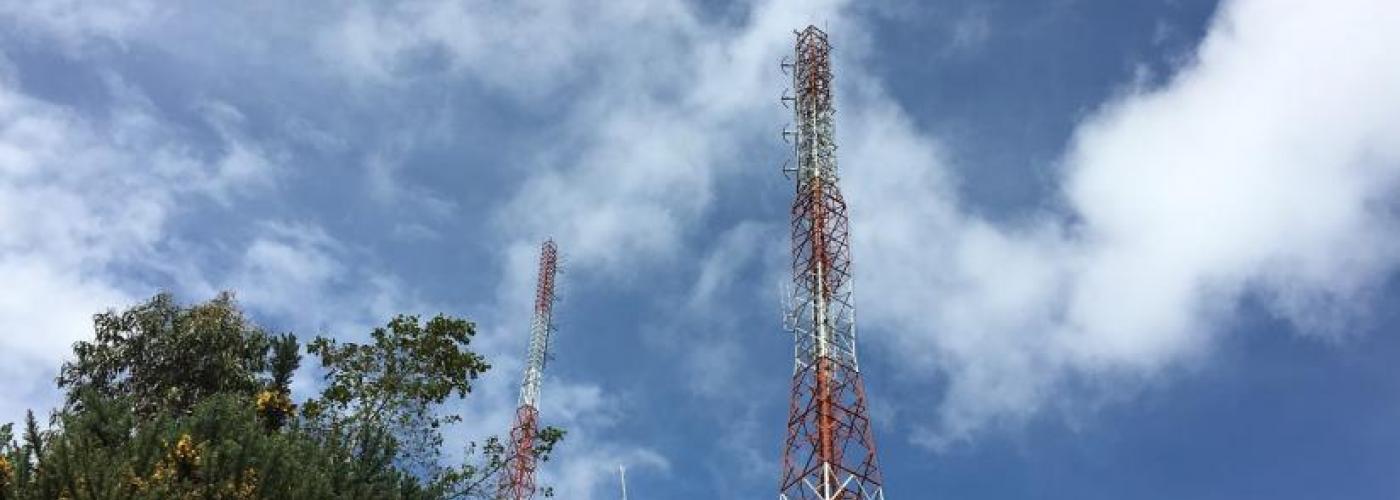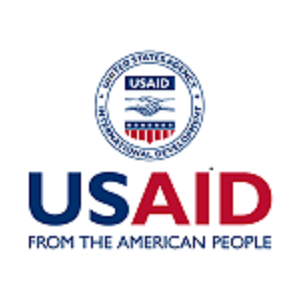USAID Official
COVID-19 Proves the Need for Better Internet Access, But What Can Be Done to Expand and Enhance Connectivity Now?
Image

During the 2014 Ebola outbreak in Liberia, poor communications and internet infrastructure inhibited the flow of critical information to and from health responders. The lack of digital connectivity hindered accurate collection and data sharing between health personnel, institutions, and organizations coordinating the response, and it impacted the ability to make real-time decisions to combat the epidemic.
The Novel Coronavirus (COVID-19) pandemic has once again brought to bear the detrimental effects of poor connectivity. As schools, offices, health organizations, and individuals become more reliant upon the internet, more than 3.5 billion unconnected people around the world are at a significant disadvantage.
The United States Agency for International Development (USAID) is focused on expanding inclusive, affordable, secure, and reliable Internet access to those with limited or no connectivity in partner countries. In the midst of the global pandemic, there are things that can be done now to expand connectivity quickly and significantly. See, for example, a list of actions regulators, Mobile Network Operators (MNOs), and Internet Service Providers (ISPs) are taking to make the internet more accessible and affordable. Some current efforts include:
- Suspending data caps or lowering costs
- Allowing free access (i.e. zero-rating)
- Waiving roaming charges
- Improving speed and bandwidth
- Increasing capacity through new towers and fiber optic cables
- Making more radio spectrum available
- Providing free data services for educational content
MNOs can take action to provide customized, free, or lower-cost services to support health care facilities, remote education, and work from home requirements. Regulators can grant access to additional spectrum (e.g. through temporary licenses), waive or limit power emission rules, and facilitate quicker installation of network equipment on government-controlled locations.
USAID is tracking these efforts, including those documented through ITU’s REG 4COVID Platform, to facilitate the sharing of information among, and provision of technical assistance to, regulators and other relevant stakeholders. By tracking and sharing these efforts, we are building and strengthening internet networks in partner countries to support their journey to self-reliance.
Such work is in alignment with USAID’s new Digital Strategy charting an Agency-wide vision for development and humanitarian assistance in the world’s rapidly evolving digital landscape.
After the Ebola outbreak in West Africa, USAID continued to partner with the Government of Liberia in order to make the country stronger and more resilient. Through a public-private partnership, USAID and Google local affiliate CSquared completed a network of nearly 200 kilometers of metro fiber in and around the capital of Monrovia — and connected over 40 government ministries — to expand broadband Internet and support connected programs such as health information systems, e-Governance, and digital financial services. This boost in connectivity infrastructure is helping government entities, like the Ministry of Health, connect with frontline health workers to share timely information and track health cases.
Now, in the midst of COVID-19, public and private sector actors must once again come together to expand internet access in response to the pandemic. The Alliance for Affordable Internet (A4AI) has published a policy brief that outlines recommended steps. Healthcare facilities are relying on strong communications networks to collect and transmit data, students are counting on affordable internet to complete their studies, and families are depending on reliable connections to sustain their economic livelihoods while working from home. By strengthening internet networks, USAID and its partners are not only laying the foundation for a holistic response to COVID-19 but for more self-reliant countries in the future.


